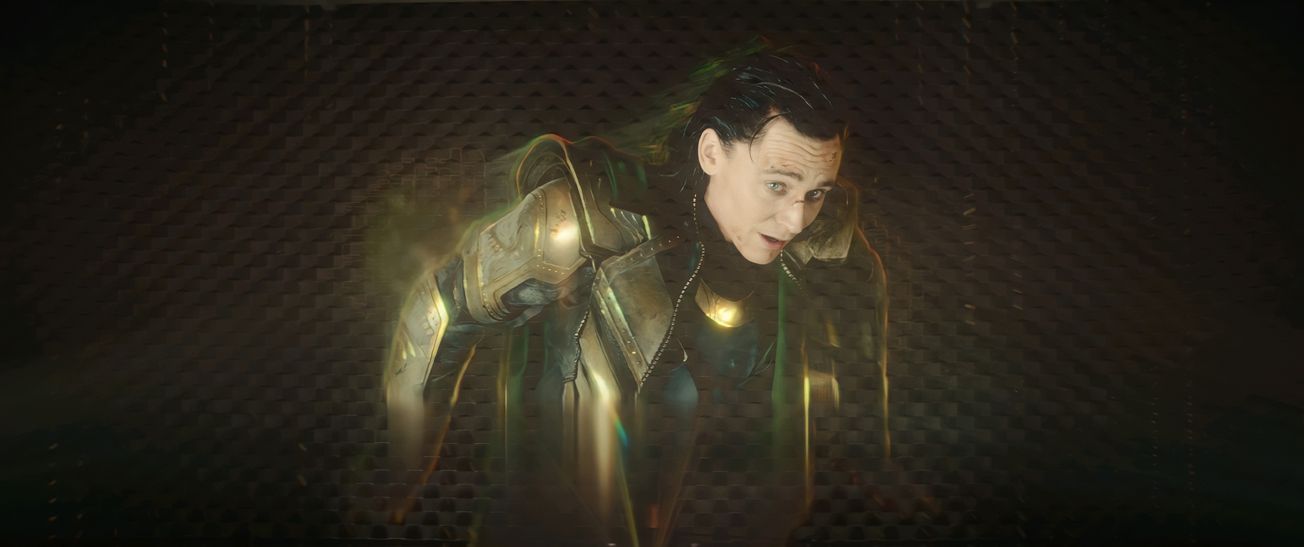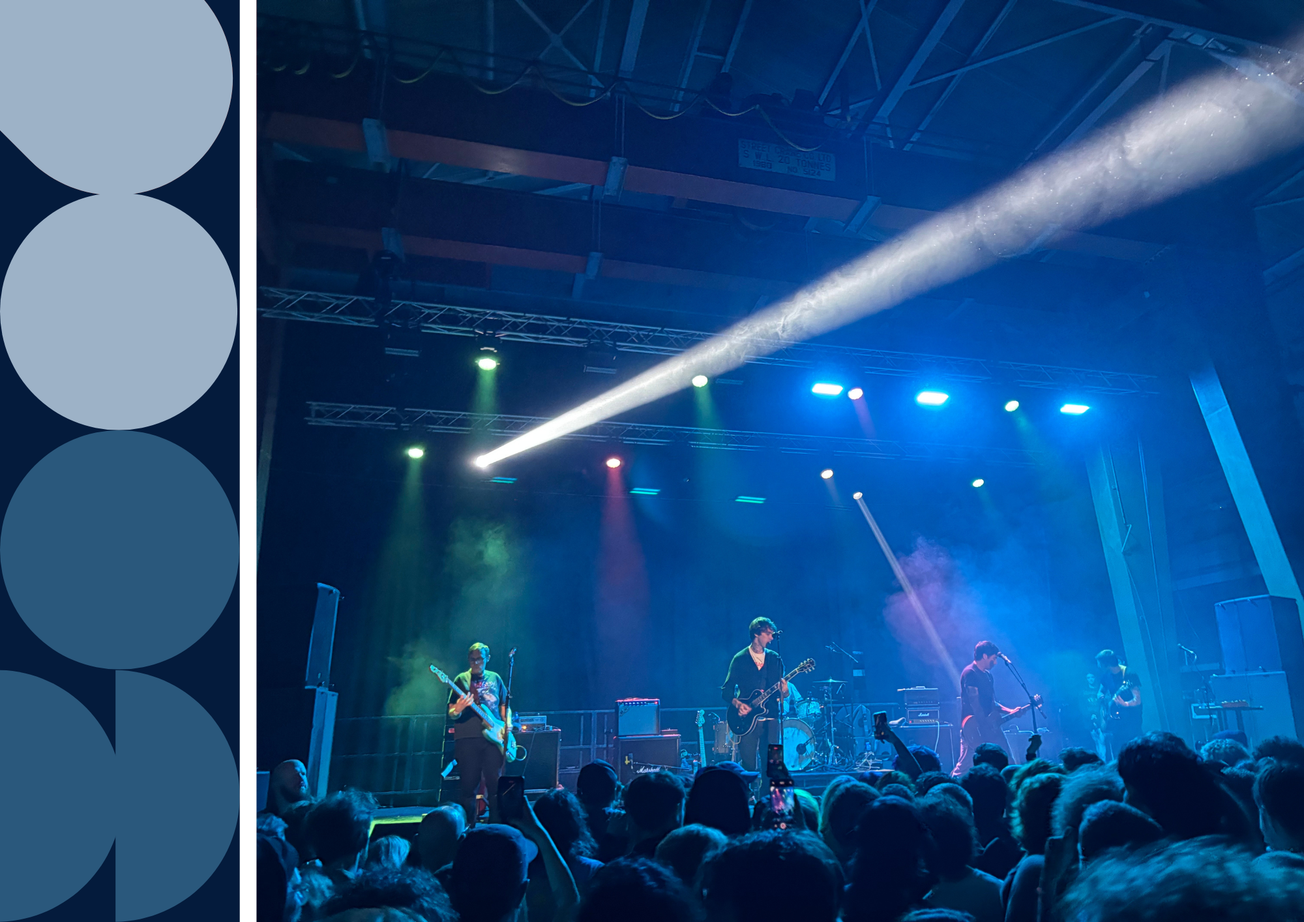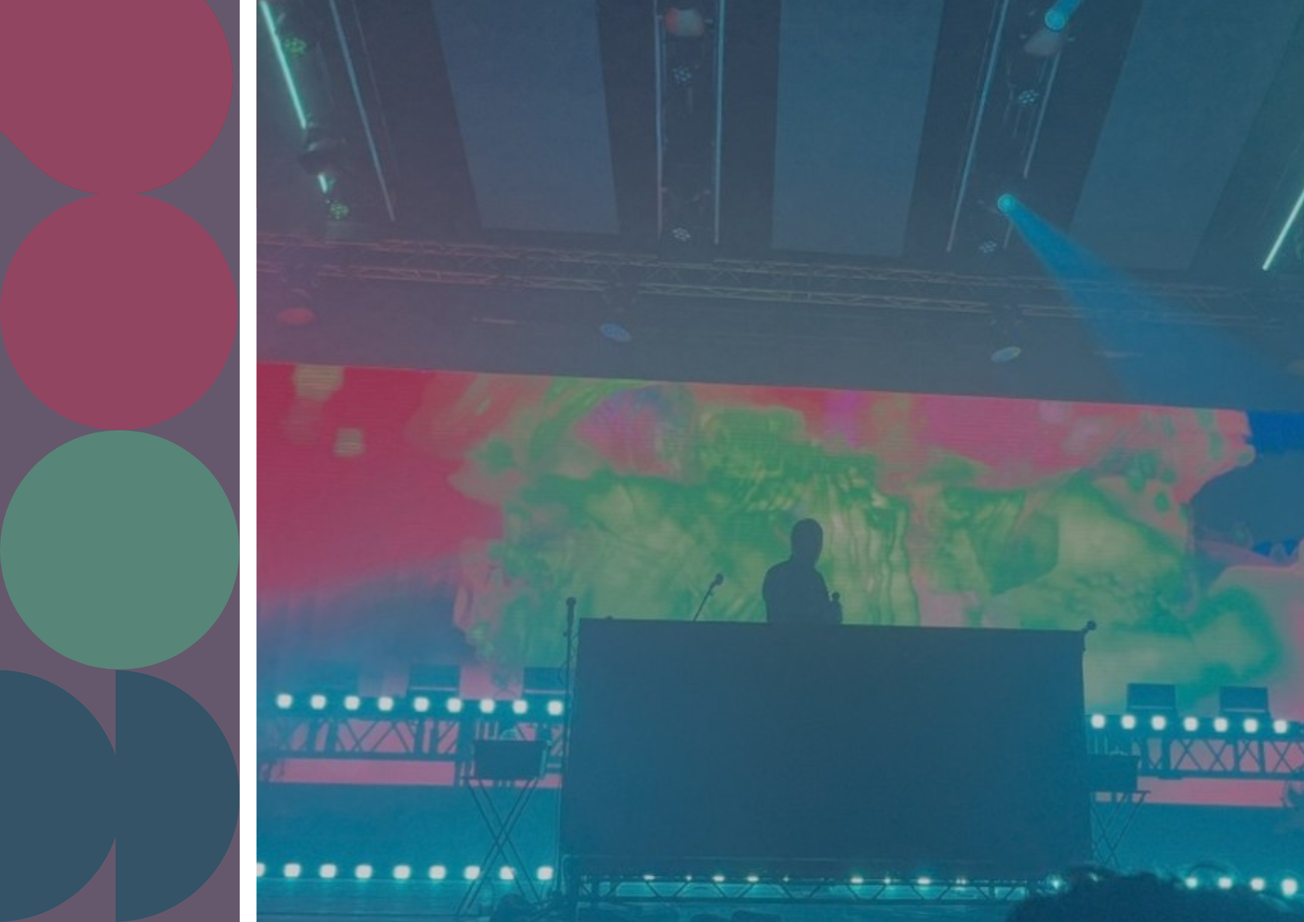By Joe Burns, English and French, Second Year
“Glorious purpose”, the title of the series’ pilot episode, recalls Tom Hiddleston’s now iconic monologue from 2012’s Avengers Assemble, the first ensemble film in the Marvel Cinematic Universe.
Loki has been a constant presence in the multi-billion-dollar franchise for a decade since his appearance in the first Thor movie in 2011, and his character has been almost uniquely defined by an unvarying belief in his own divine provenance and right to rule. It is this very conviction that is shattered in the first episode, providing an unprecedented insight into the psyche and motivations of a character that many viewers felt they already understood.
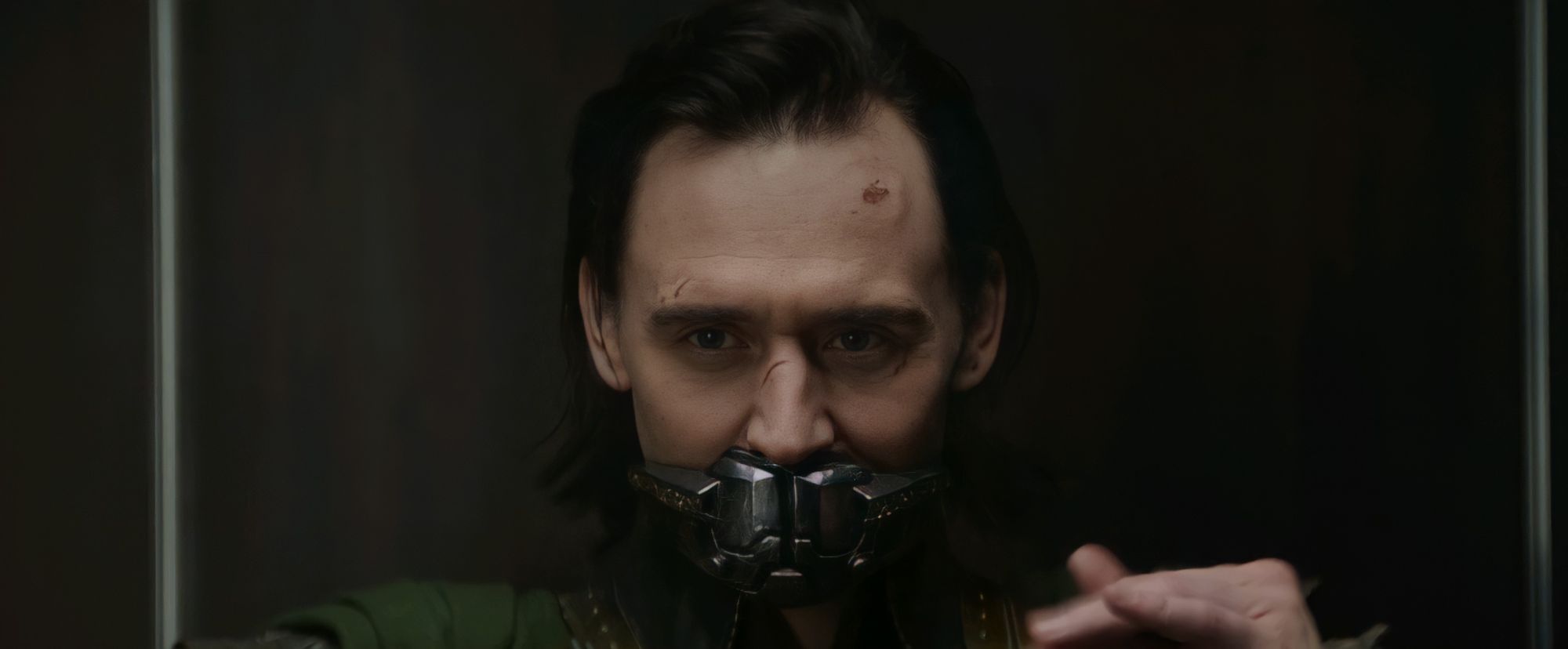
Dreams of a project centred around this fan-favourite character seemed to die alongside him in Avengers: Infinity War (2018), as he was unceremoniously executed by Thanos (Josh Brolin), the overarching antagonist of the first three phases of the MCU. In fact, the series does not follow this version of the character; instead, it opens in 2012 after the Battle of New York first shown in Avengers Assemble. During the latter film, due to a mishap with Iron Man, Thor and Hulk, Loki gets hold of the Tesseract and teleports away, thereby producing an alternate timeline, with an alternate version of himself. As a result, he finds himself seized by the Time Variance Authority for crimes against the “sacred timeline”, and is nearly executed before being saved by Agent Mobius, portrayed by the inimitable Owen Wilson.
Throughout the rest of the episode, we are treated to a wonderful exploration of the palpable chemistry between these two characters, seamlessly flitting between tense, dramatic sequences where Loki is literally confronted by footage of his past and future misdeeds, and genuinely funny, dry dialogue. The show is also visually and aurally beautiful, with an enraptured, eerie score and stunning aesthetics and CGI.
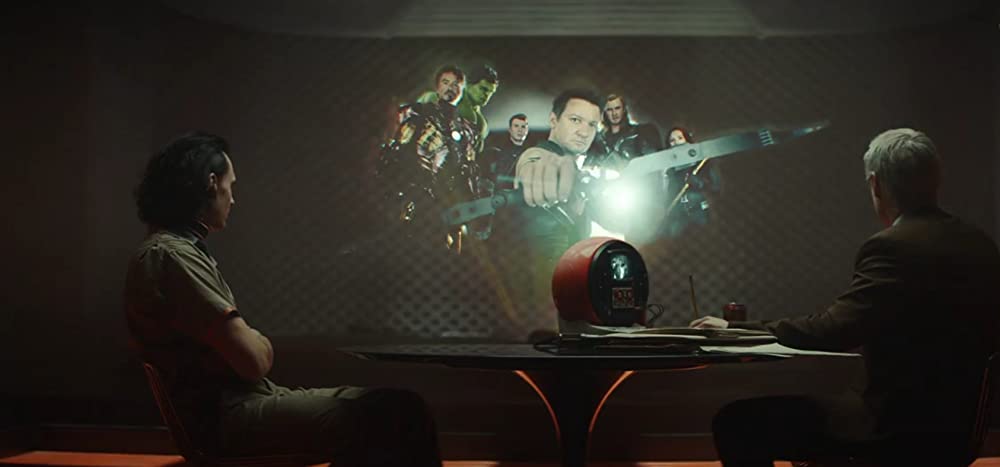
If there is one criticism that can be levelled at the MCU amidst its spectacular success, it is the issue of predictability.
After 23 films, Marvel Studios has fine-tuned a formula for genre films that happen to feature superheroes, but it is this formulaic approach that runs the risk of becoming stale.
From just the pilot episode, it is clear that Loki is trying to break the mould, much like its two Disney + counterparts, WandaVision and The Falcon and the Winter Soldier. Where these shows tackled issues of grief, PTSD and systemic racism, Loki confronts questions of identity, destiny and self-acceptance. The “glorious purpose” that Loki envisioned for himself is revealed to be nothing but a series of flawed decisions that only served to facilitate his own ruthless murder. It is this revelation, this crisis of identity, that will make Loki such an unmissable and original series.
Featured images: IMDB
Do you think the God of Mischief pays a heavy price in Loki?

